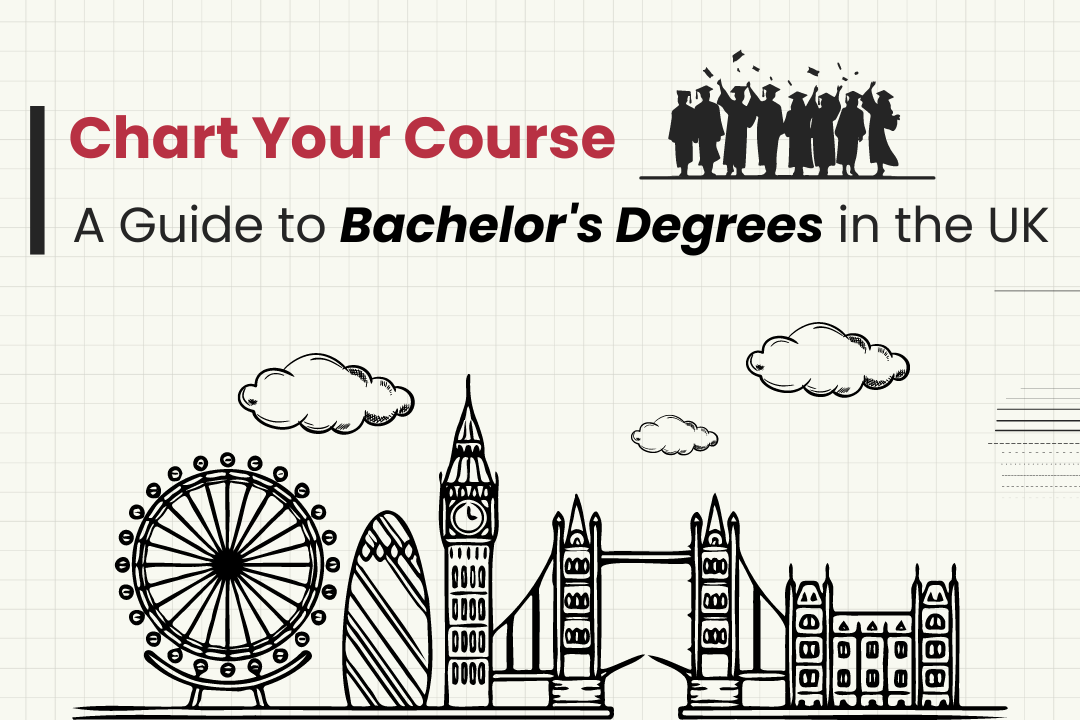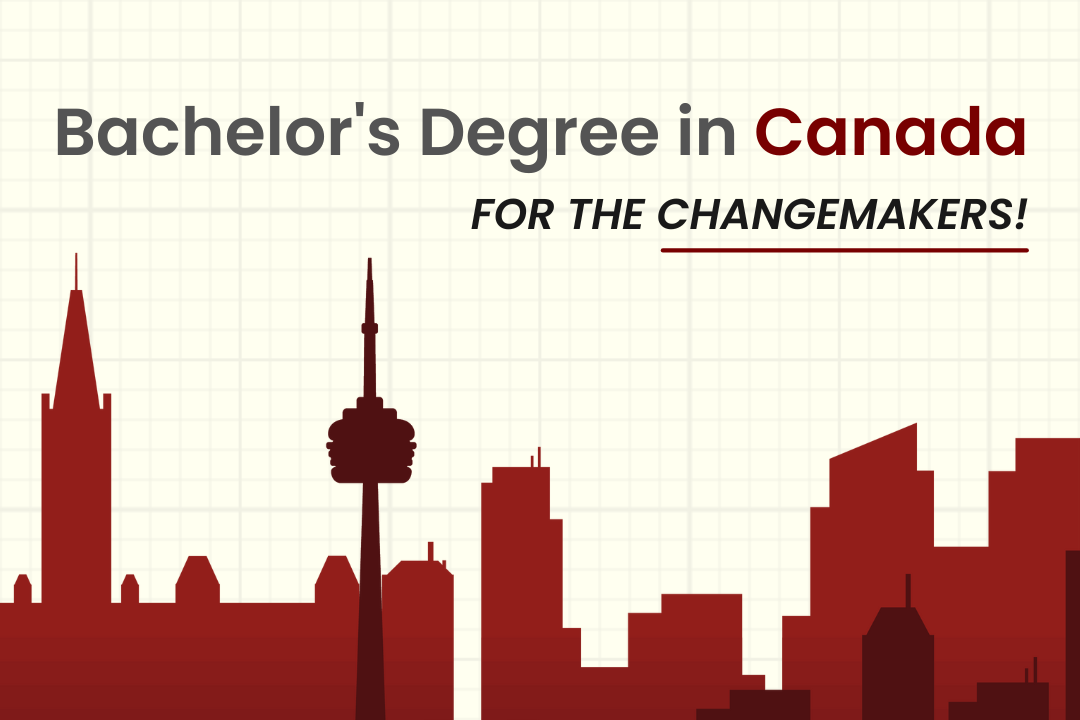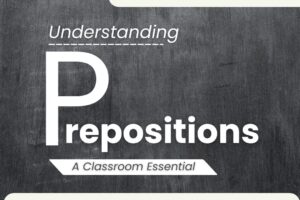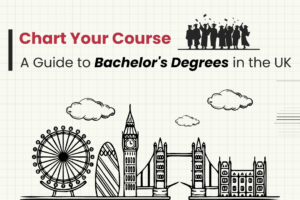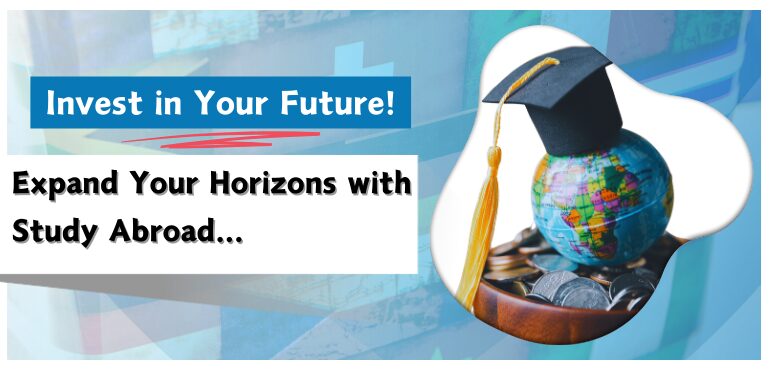
Embarking on global study trends, studying abroad becomes a transformative experience, presenting a wealth of opportunities and challenges. Understanding the reasons, navigating obstacles, and implementing effective tips can make this journey immensely rewarding. Explore the evolving landscape of global learning trends and unlock the full potential of your international educational experience.
Introduction
Studying abroad has become increasingly popular for its potential to broaden horizons, provide unique educational experiences, and foster personal growth. This article delves into the compelling reasons and benefits of studying abroad, the common challenges one might face, and valuable tips for a successful international education adventure.
Reasons to Study Abroad
Studying overseas can be a life-changing experience with many academic and personal advantages. The choice to pursue school abroad can have a significant impact on a person’s life, from increased employment options to cultural immersion. Studying abroad is a worthwhile and enjoyable experience for the following reasons.
Cultural Exposure:
One of the most significant advantages of studying abroad is the opportunity to immerse oneself in a new and diverse culture. Living in a foreign country allows students to experience firsthand the customs, traditions, and social dynamics that shape the local community. This exposure fosters cultural awareness, adaptability, and a global perspective, qualities increasingly valued in our interconnected world.
Global Networking:
A rare opportunity to develop a global network of friends, mentors, and professionals is studying abroad. Developing relationships with people from other backgrounds broadens one’s perspective and creates a global network of support that can be very helpful for future endeavors. These relationships may lead to worldwide cooperation, employment prospects, and a more thorough comprehension of world affairs.
Academic Excellence:
Many students choose to study abroad to access top-notch educational institutions and programs that may not be available in their home countries. Whether it’s specialized courses, cutting-edge research facilities, or renowned professors, studying abroad can elevate the academic experience, providing students with a competitive edge in their chosen fields.
Language Proficiency:
Living in a country where the primary language is spoken accelerates language learning. Studying abroad offers a practical and immersive language experience, significantly improving language proficiency. This linguistic competence not only aids in academic pursuits but also enhances communication skills and opens up new opportunities for personal and professional growth.
Personal Growth:
Taking risks and overcoming the difficulties of living abroad are key components of major personal development. Gaining independence by adjusting to daily living in a foreign place fosters resilience, self-reliance, and adaptability—qualities that are beneficial in both academic and real-world contexts.
Career Opportunities:
Employers increasingly value candidates with international experiences. Studying abroad demonstrates qualities such as cultural awareness, flexibility, and a global perspective – attributes that are highly sought after in today’s competitive job market. The international exposure gained during education abroad can set individuals apart and enhance their employability.
Resume Enhancement:
Studying abroad gives a resume a unique touch that goes beyond academic accomplishments. It demonstrates initiative, adaptability to a variety of situations, and a readiness to take on difficulties. Employers respect candidates who have shown the commitment and guts to pursue their education in a foreign country.
Exploration of Interests:
Studying abroad provides an excellent opportunity to explore subjects and fields of study in a different cultural context. Exposure to new perspectives and approaches may lead to the discovery of new passions or provide unique insights into one’s chosen field, fostering personal and academic growth.
Adventure and Travel:
Even while education is the main priority, studying abroad frequently provides opportunities for travel and adventure. Being close to other nations and a variety of landscapes gives kids the opportunity to go on adventures, have lifelong experiences, and get a greater understanding of how rich the world is.
Cultural Competence:
Developing cultural competence is a critical skill in today’s globalized society. Studying abroad offers the opportunity to interact with people from diverse backgrounds, fostering understanding, empathy, and an appreciation for cultural differences. These skills are not only valuable in academic settings but also in professional and personal relationships.
Choosing to study abroad is an investment in both education and personal growth, offering a unique and enriching chapter in one’s life journey.
Challenges of Studying Abroad
While studying abroad can be a rewarding experience, it also comes with its set of challenges. Here are some common difficulties that individuals may face when pursuing education in a foreign country:
- Cultural Adjustment: Adapting to a new culture can be challenging. Overcoming cultural shock requires an open mind, patience, and a willingness to embrace differences.
- Homesickness: Being away from family and friends may lead to homesickness. Building a support system, staying connected through technology, and engaging in local activities can alleviate these feelings.
- Financial Considerations: Studying abroad can be costly. Budgeting, seeking scholarships, and exploring part-time work opportunities are crucial for managing finances effectively.
- Academic Rigor: The academic structure in a new country might differ. Understanding the educational system and seeking academic support can help overcome challenges in coursework.
- Language Barriers: Language differences may pose initial challenges. Consistent practice, language courses, and socializing with locals can improve language proficiency over time.
- Healthcare Concerns: Navigating a new healthcare system can be overwhelming, especially in times of illness or emergencies. Students need to familiarize themselves with local healthcare services, insurance coverage, and emergency protocols to ensure their well-being.
- Housing Challenges: Finding suitable accommodation in a foreign country can be a complex process. Students need to understand rental agreements, navigate housing markets, and adjust to different living conditions. Securing comfortable and safe housing is crucial for a positive study abroad experience.
- Visa and Legal Procedures: Understanding and complying with visa requirements, legal obligations, and immigration rules can be time-consuming and complex. Students must stay informed about the necessary paperwork, deadlines, and regulations to ensure a smooth and legal stay in the host country.
- Different Teaching Methods: Adjusting to different teaching and learning styles can be a significant hurdle for students accustomed to a specific educational approach. Adapting to new methodologies, expectations, and assessment criteria requires flexibility and a willingness to embrace diverse educational practices.
- Time Zone Differences: Coordinating with family and friends back home can be challenging due to significant time zone differences. Maintaining communication and managing expectations regarding response times become essential in overcoming this challenge.
- Discrimination and Prejudice: Some students may encounter discrimination or prejudice based on their nationality, race, or cultural background. Coping with these experiences can be emotionally taxing, and students may need to seek support from local resources or their study abroad program.
- Loneliness: Feeling isolated, particularly in the initial stages of studying abroad, is a common challenge. Building connections, seeking out social activities, and engaging with the local community are crucial for combating loneliness and fostering a sense of belonging.
- Technology and Connectivity: Dealing with technology issues, such as internet connectivity problems or adjusting to different technological tools used in academics, can be frustrating. Students must familiarize themselves with the available resources and troubleshoot technical challenges to ensure a seamless learning experience.
- Legal and Safety Concerns: Understanding and abiding by local laws, as well as ensuring personal safety, are paramount. Students need to familiarize themselves with safety protocols, emergency contacts, and legal guidelines to navigate their host country safely.
Addressing these challenges head-on, seeking support when needed, and maintaining a positive and open mindset is crucial for overcoming the hurdles of studying abroad and making the most of this transformative experience.
Tips for a Successful Study Abroad Experience
While the process of studying abroad might overwhelm you, here are some invaluable insights to make the most of your educational adventure and cultural immersion. Here are a few tips for a fruitful study abroad experience:
- Research Extensively: Prior research on the destination, culture, and academic institutions is vital. Knowing what to expect helps in better preparation.
- Financial Planning: Develop a realistic budget, explore scholarship opportunities, and consider part-time work options to manage finances efficiently.
- Embrace Cultural Differences: Approach cultural differences with an open mind. Engage with locals, participate in cultural events, and embrace the diversity around you.
- Stay Connected: Regular communication with family and friends helps combat homesickness. Technology makes it easier than ever to stay connected across borders.
- Seek Support: Universities often provide support services for international students. Utilize counseling services, academic support, and cultural integration programs.
- Immerse Yourself: Engage in local activities, volunteer, and explore the community. Immersing yourself in the local culture enhances your overall experience.
Conclusion
Studying abroad is a transformative journey, offering a blend of challenges and unparalleled rewards. By understanding the reasons, preparing for potential challenges, and implementing effective tips, you can make the most of this opportunity for personal and academic growth.

